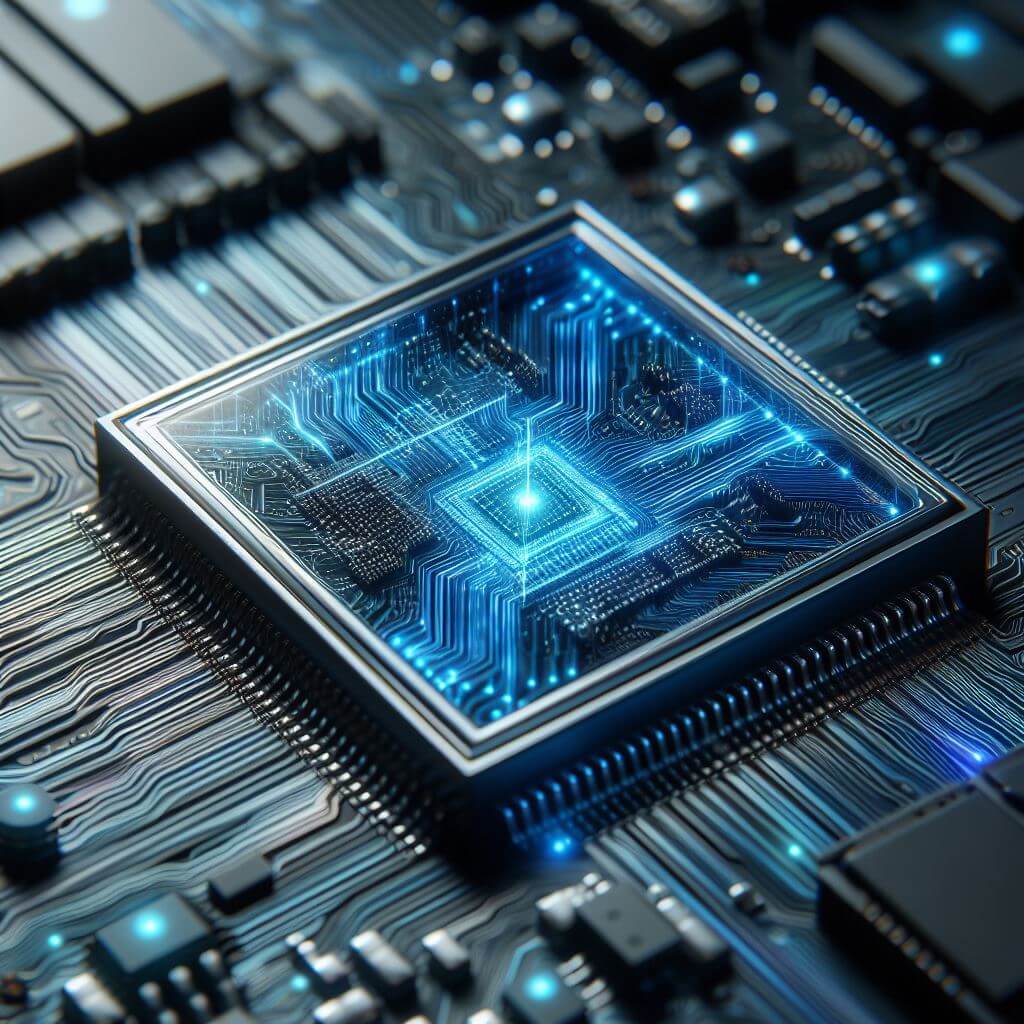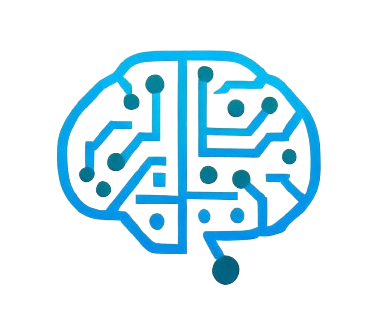Meta is determined to keep pace with competitors in the field of generative artificial intelligence and is investing heavily in its AI initiatives. Much of this investment is aimed at attracting the best AI specialists, with a greater emphasis on developing the hardware needed to run and improve Meta’s AI creations.
 Meta recently demonstrated its latest progress in this area, a day after Intel announced a new hardware AI accelerator. Dubbed the “next generation” Meta Training and Inference Accelerator (MTIA), the chip is an upgrade from last year’s model and is designed to optimize the functionality of Meta platforms such as Facebook by improving the efficiency of ad ranking and recommendations.
Meta recently demonstrated its latest progress in this area, a day after Intel announced a new hardware AI accelerator. Dubbed the “next generation” Meta Training and Inference Accelerator (MTIA), the chip is an upgrade from last year’s model and is designed to optimize the functionality of Meta platforms such as Facebook by improving the efficiency of ad ranking and recommendations.
Built on the 5-nanometer process, this new version of the MTIA improves on the previous 7-nanometer model with not only a larger size but also more computing power thanks to an increased number of cores. Despite higher power consumption – 90W compared to the previous 25W – it has a significant increase in internal memory (128MB from 64MB) and runs at a higher average speed (1.35GHz from 800MHz).
Meta reports that the improved MTIA is now operating in 16 data center regions, delivering a performance that is three times better than its predecessor. While the specific metrics for this claim are based on testing the four main models in both versions, the details remain somewhat general. Meta highlights its unique position in managing the entire technology stack, which it believes allows for performance gains over GPUs available on the market, according to a blog post published by TechCrunch.
The timing of Meta’s hardware announcement, following closely on the heels of the generative AI initiatives, raises eyebrows for several reasons. First, the blog post states that next-generation MTIA is not currently being used for generative AI learning tasks, although Meta is exploring potential applications. Additionally, there is the recognition that this new hardware will not replace GPUs, but rather serve to enhance them.
Strategic movement in the Meta approach involves a cautious advance, likely more gradual than desired. Faced with a cost-cutting challenge, with an expected spending of $18 billion by the end of 2024 on GPUs for generative AI development, Meta sees in-house hardware manufacturing as a potentially cost-effective solution.
As Meta works on its hardware capabilities, it’s clear that competitors are making progress, adding urgency to Meta’s efforts. This week, Google made its latest dedicated AI chip, TPU v5p, available to its cloud customers and unveiled Axion, its first model-specific chip. Amazon and Microsoft have also made significant strides with their own AI chips, marking notable advances in this competitive field. Despite MTIA’s rapid next-generation development cycle of less than nine months from inception to deployment, Meta recognizes the need to accelerate its efforts to achieve greater autonomy from third-party GPUs and close the gap with its leading competitors.
